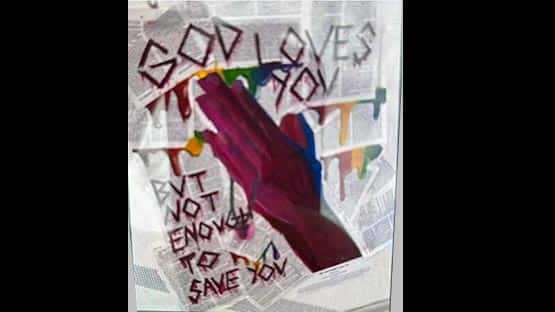
Besides a home, a car is one of the most expensive things consumers will buy. Buying a used car can be a smart financial decision, especially if your budget is limited. However, failing to do your homework before you buy can put you in a disastrous or even dangerous situation.
Better Business Bureau Serving Western Virginia offers consumers a few tips to keep in mind when purchasing a used car.
Nationally, BBB receives thousands of complaints about used car dealers every year. In western Virginia, they were among the top ten most complained-about industries in 2020. Consumers reported 49 complaints of used cars that broke down soon after purchase, problems with warranties, and customer service conflicts.
For those in the market for a used car, be aware they’re more expensive than normal. Shortages related to the pandemic have increased prices, meaning the market is good for sellers but not so much for buyers.
According to the National Automobile Dealers Association, the average price of a used car increased by 12.5 percent between last year and this year, from $21,020 in February 2020 to $23,643 in February 2021. Data from Cars.com shows new car inventory decreased by more than 15 percent between February and April. As a result, new car inventory fell and consumers turned to used cars — putting a strain on that supply and driving up prices, according to Cars.com.
“Now more than ever, it’s important for buyers to do their research on make and model for fair pricing,” says Julie Wheeler, president and CEO of BBB Serving Western Virginia. “Spend the money to get a trustworthy, third-party mechanic to inspect the used vehicle. Make sure you understand ‘as-is’ offers. Once you sign papers and drive away the seller has no more responsibility,” says Wheeler.
BBB offers consumers advice to help buyers navigate the current market.
- Research the business and owners carefully before signing a contract or paying any money. Check the company’s BBB Business Profile at BBB.org, where you also can find a list of BBB Accredited Businesses.
- Set a budget and stick to it. Consider the payment you can afford, as well as what you can comfortably pay in cash. In most cases, your monthly car payment should not be more than 20 percent of your monthly after-tax income.
- Compare the listed price with similar cars trusted online sources to see whether the price is in line with the value of similar cars. In the same way, research the value of any trade-in.
- Check the car’s history. Research the reliability of the model you are interested in and whether it’s been subject to any recalls. Ask for a vehicle history report to see whether it’s been in a wreck or had significant mechanical problems. Consider having a mechanic you trust inspect the car before you agree to buy it.
- Understand any warranties. Know what is covered and for how long.
- Transfer registration and title before closing the deal. Make sure the seller transfers the registration and title to your name.
- Consult with FTC’s Used Vehicle Buyer’s Guide for more tips.
- Check BBB.org before purchasing a new or used car, it’s important to research a trustworthy, third-party auto repair shop for a mechanic to do an inspection of the vehicle.
For more information
Visit BBB’s website to learn more about Buying a Used Car, Buying a Car Online, & Buying a New Car. See BBB’s 10 tips to avoid buying a flood-damaged car. If you’ve been a victim of an online car scam, be sure to report it at BBB.org/ScamTracker. Your report can help others to spot a scam before it’s too late.










